Requires Prescription: Yes
Generics: Famotidine
Used For: Acidity & Ulcers
How It Works:
Famotidine reduces stomach acid production, alleviating pain and promoting the healing of ulcers.
Polypep Tablets Usage and Safety:
Dosage: Famotidine
Side Effects:
Common: Headache, dizziness, diarrhea, constipation, nausea, vomiting, abdominal discomfort, anorexia, dry mouth, fever, fatigue.
Less Common: Irregular or rapid heartbeat, palpitations, muscle pain, cramps, joint pain, hallucinations, confusion, agitation, depression, anxiety, sleep disturbances, tingling in extremities, decreased sex drive, seizures, breathing difficulties, ringing in the ears, taste disorders.
Drug Interactions: Consult your physician or pharmacist for potential interactions with ketoconazole, itraconazole, probenecid, sucralfate, warfarin, theophylline, phenytoin, diazepam, propranolol, aminopyrine, antipyrine, indocyanine, and atazanavir.
Indication:
Treats stomach and duodenal ulcers (peptic ulcers) and prevents recurrence.
Manages Zollinger-Ellison Syndrome (excessive stomach acid production).
When Not to Use:
Avoid if allergic to famotidine or any ingredient in the product. Symptoms of an allergic reaction may include shortness of breath, facial or tongue swelling, rash, and itchiness.
Polypep Tablets Precautions:
Precaution: For patients with duodenal or benign gastric ulcers, determine H. pylori status. Eradicate the bacteria if present.
Polypep Tablets Warnings:
Warning 1: Do not discontinue use without consulting your doctor, even if you feel better.
Warning 2: Famotidine may cause cross-sensitivity with other H2-receptor antagonists. Avoid if you have a history of hypersensitivity to similar drugs.
Warning 3: Use with caution in patients with renal insufficiency. Consider dose reduction if creatinine clearance is below 10 ml/min.
Additional Information:
Pregnancy Category: Consult your physician before use.
Storage: Store at room temperature, away from direct light and heat.








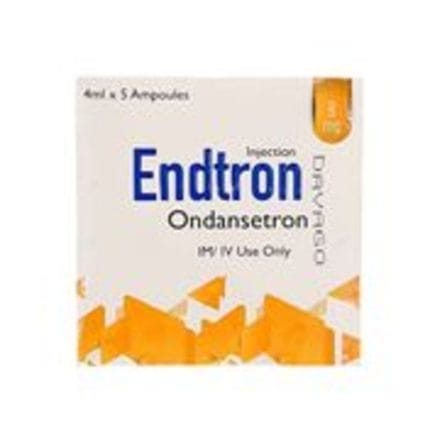

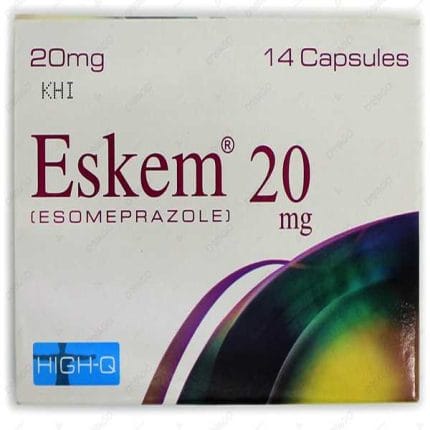
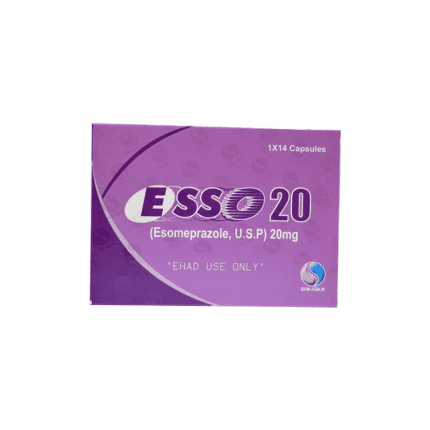

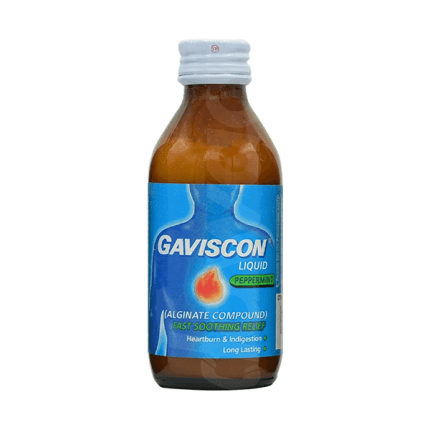
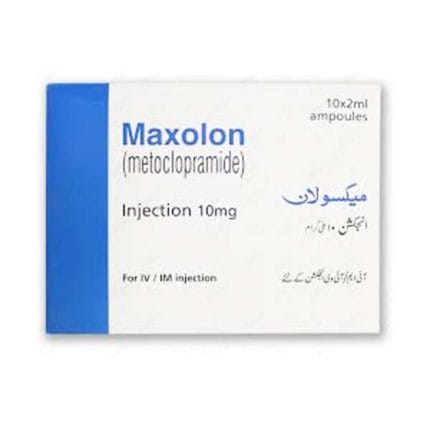







Reviews
There are no reviews yet.